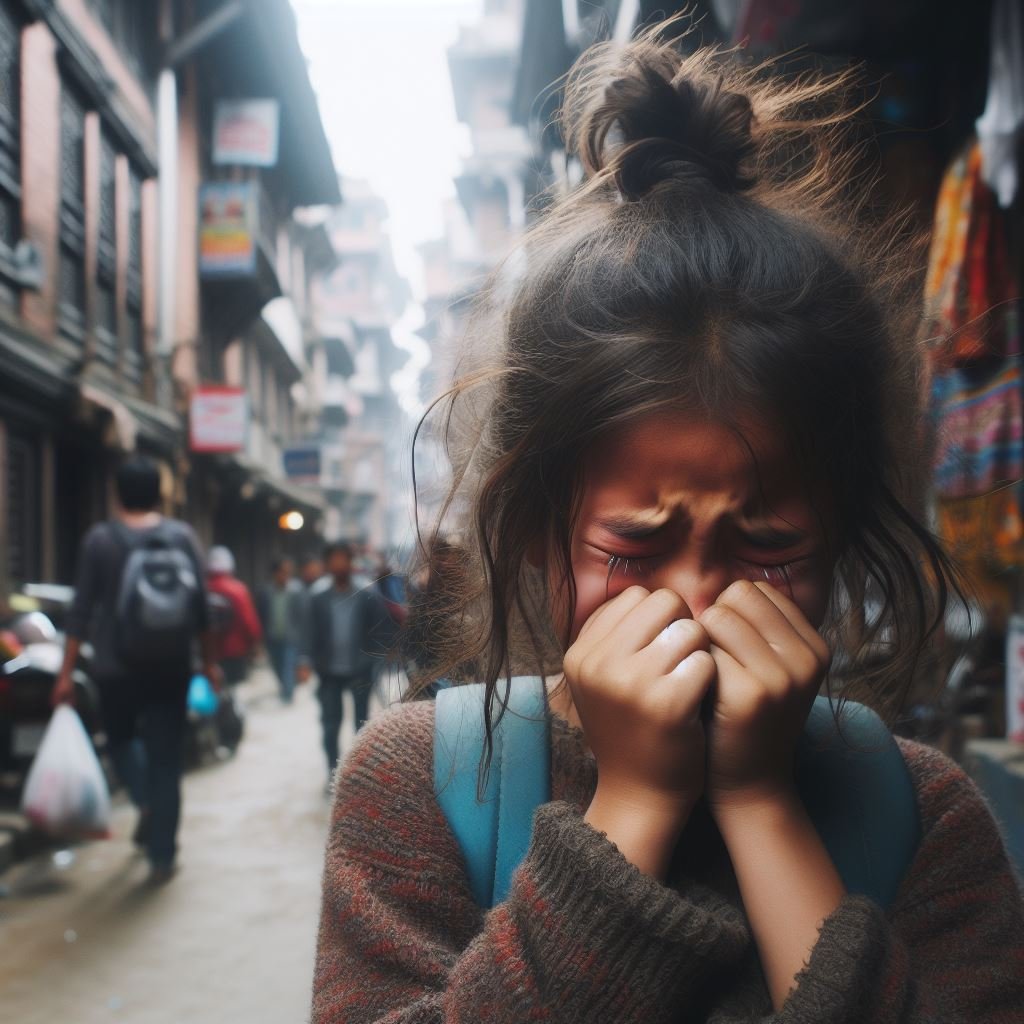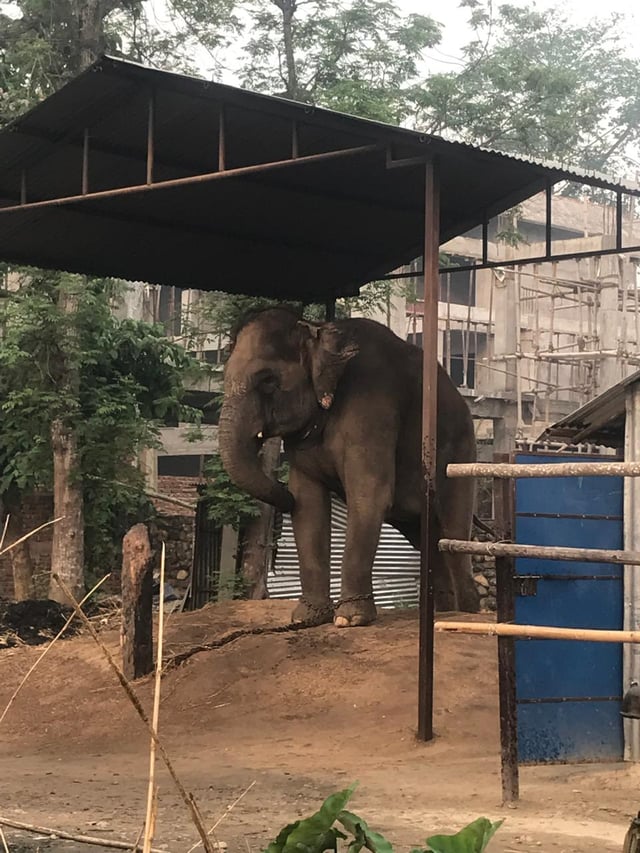PART II: Unknown Side of Flesh Trade

Nepal has a dark reputation as women get smuggled out of the country. Mainstream literature focuses on the victims and their lives, but the history of trafficking from Nepal to other countries and its impact on society is rarely discussed.
It is a universal phenomenon, poor women were often brought for the pleasure of ruling oligarchs. In Nepal, the Rana oligarchs (1846-1951) bought women, to serve them as their servants and for sexual pleasure. After the Rana regime ended, the traders supplying young girls needed to find a different client base. These traders were able to establish connections with Indian brothels. By the 1960s, the nexus of Nepalese girls being sent to Indian brothels was well-established. The difference in language and customs made it difficult for these girls to flee or report to the police.
There is also notoriety of poor girls in Nepal being sold for bonded labor in one-year contracts. The middleman may transport a young girl to a distant city, making it difficult for family members to communicate. While there are assumptions that they were taken for adoption, it's more likely that they have been trafficked. Girls were tricked into fraudulent marriages, employment promises, and even abductions either by strangers or relatives to profit from girl trafficking.
A girl was married off at the early age of 12, six years later her husband Tikaram Tamang took her to Kathmandu for work but was later taken to India and was forced into the sex trade in Mumbai and subsequently ended up in a brothel in Delhi. This brothel was operated by Radha Tamang, the third wife of Sun Bahadur Tamang. Sun Bahadur is a politician, accused of trafficking more than 200 girls.
In the district in the north of Kathmandu- Nuwakot, its rural parts lack good hotels, so the police and administrators often stay at the homes of influential people like Sun Bahadur. It was an open secret that Sun Bahadur sold girls and had multiple wives running brothels in India. However, in May 2017, despite being convicted of human trafficking by the Nuwakot District Court, Sun Bahadur was elected as Ward Chair of Dupcheshwor Rural Municipality-1. In 2019, the Patan High Court acquitted him, raising doubts if he truly was innocent or if he used his political connection to escape justice.
Another individual, Kale Tamang, also known as Chhopa, was caught in 2011. In his 16-year career in women trafficking, he had trafficked at least 400 women and was also able to get out on bail by posting Rs. 6 million.
In 2023, an article mentioned that in the last two fiscal years, only 270 cases related to human trafficking were registered. This clearly indicates people are reluctant to report cases, despite more than two hundred thousand Nepali women working in the sex trade industry in India, and every year thousands of women are trafficked. Yet, criminals are either rarely caught or able to secure bail. This situation arises due to victims’ reluctance to file cases, often as they are either illiterate or hesitant while the laws are ambiguous.
More than 5,000 women from regions like northern Nuwakot ended up in brothels in Mumbai and other cities in India. The population of a place called Ghangphedi in Nuwakot went down below the replacement fertility rate. Even after the girls are missing the standard response of parents would be that their daughters were studying at a college in the city.
The men of the region struggle to find brides for marriage, and in some cases, women who are sent back to Nepal after they suffer from Sexually Transmitted Diseases (STDs), sometimes get accepted in marriage as there is a shortage of brides.
Numerous documentaries and videos address women trafficking, predominantly emphasizing the experience of trafficked women. However, there are other dimensions to explore when analyzing the complex issue, including the historical context, the backgrounds of the traffickers, and the perspective of bachelor men who couldn’t find a bride- all of which reveal an unknown side of the flesh trade.
Author
Kripendra Amatya, Researcher, Nepa~laya Productions
Editor
Dana Moyal Kolevzon, Director of International Relations, Nepa~laya Productions
Published Date
October 13, 2023



